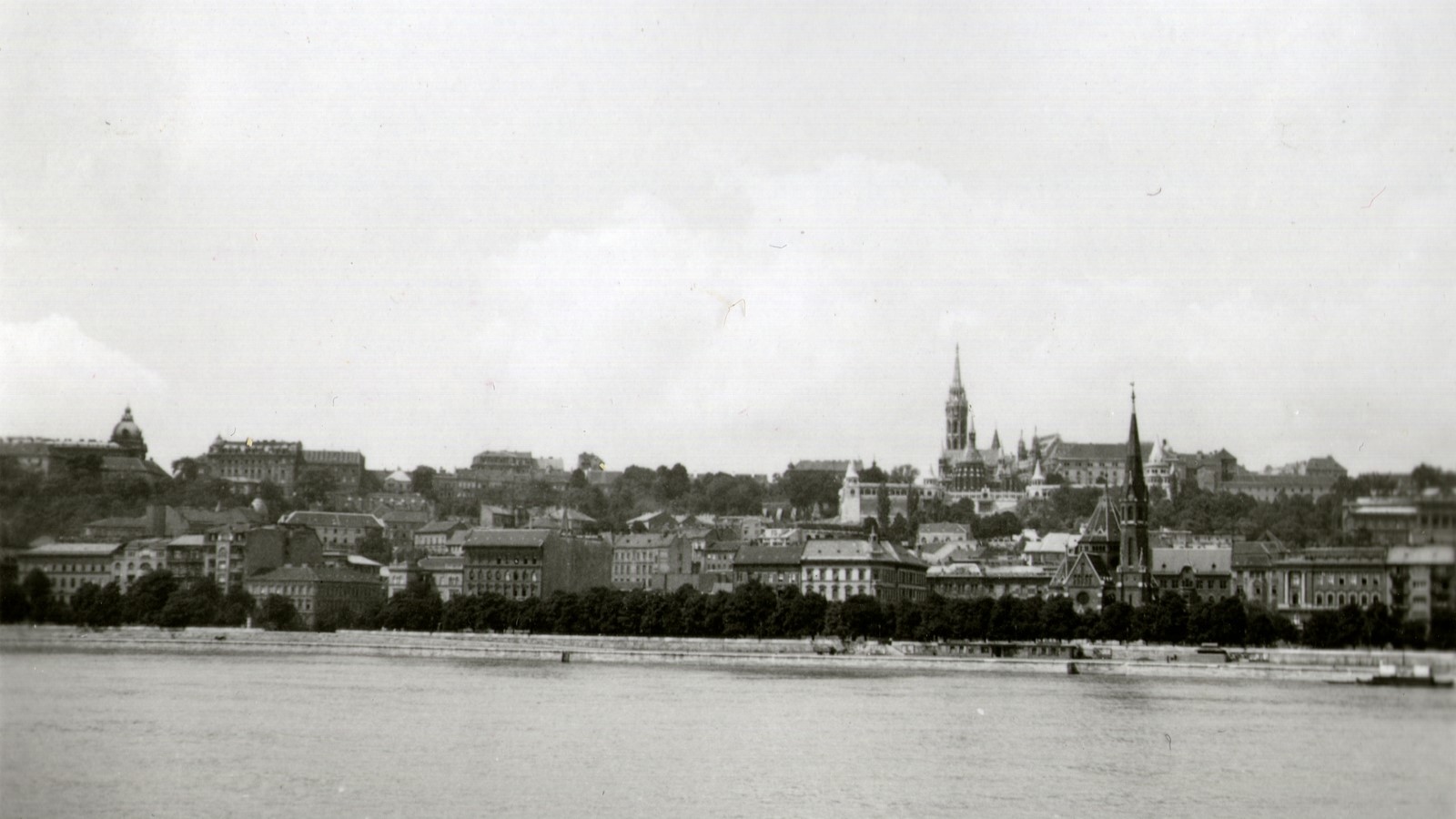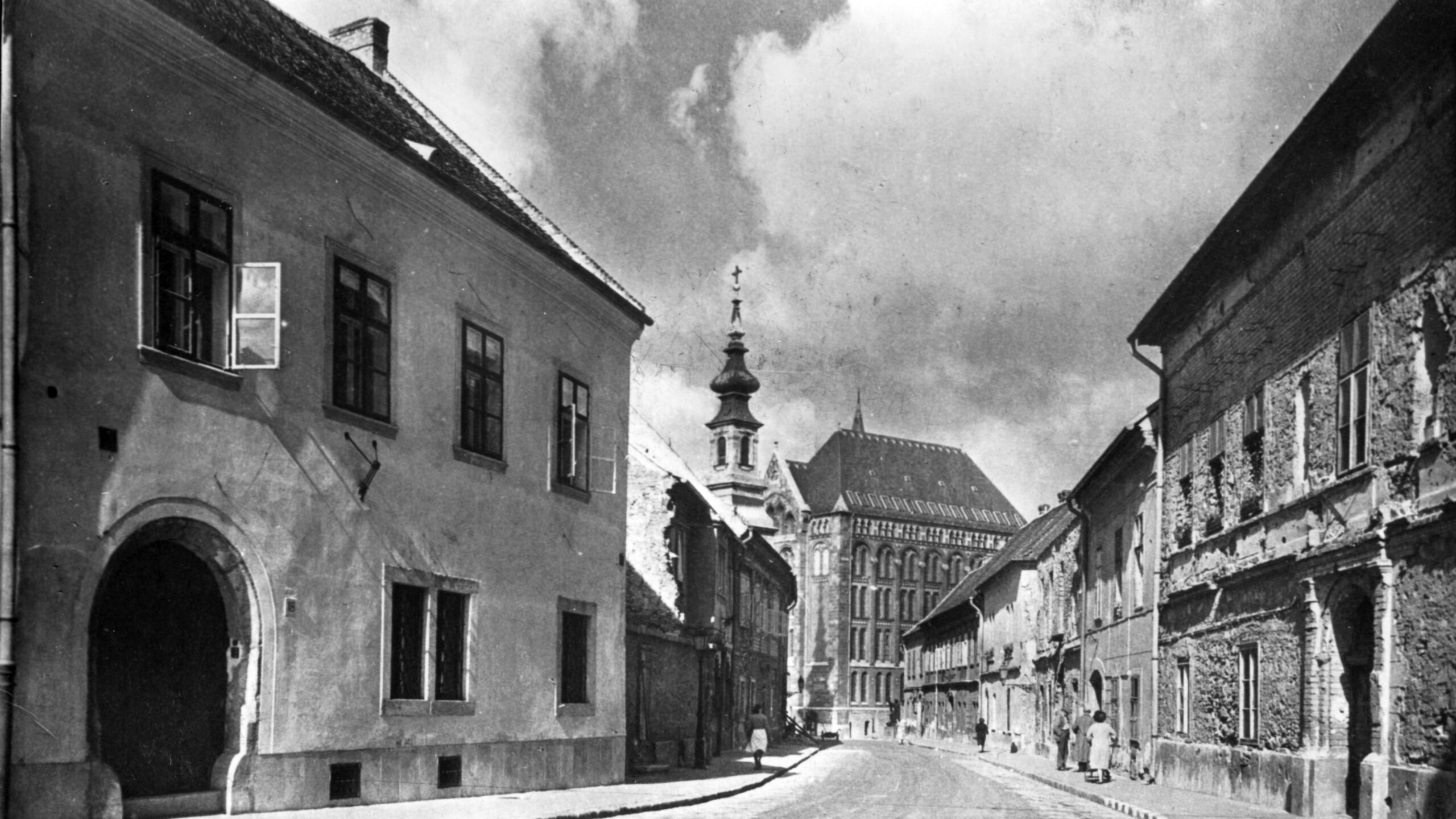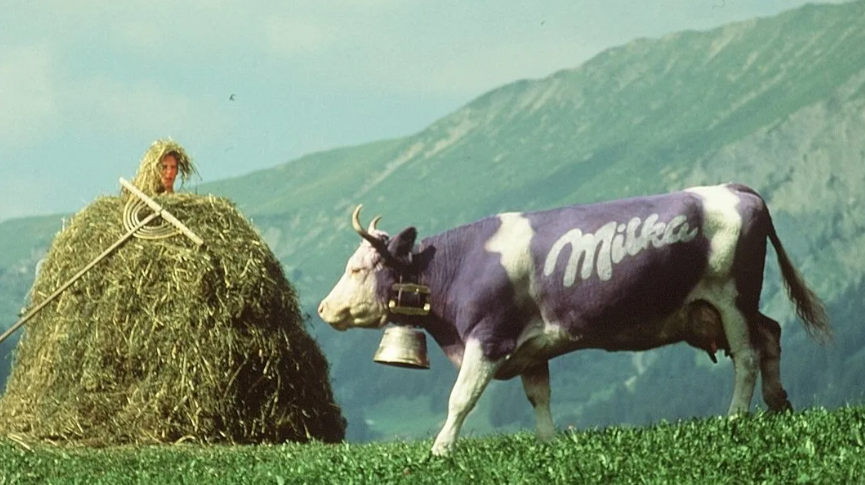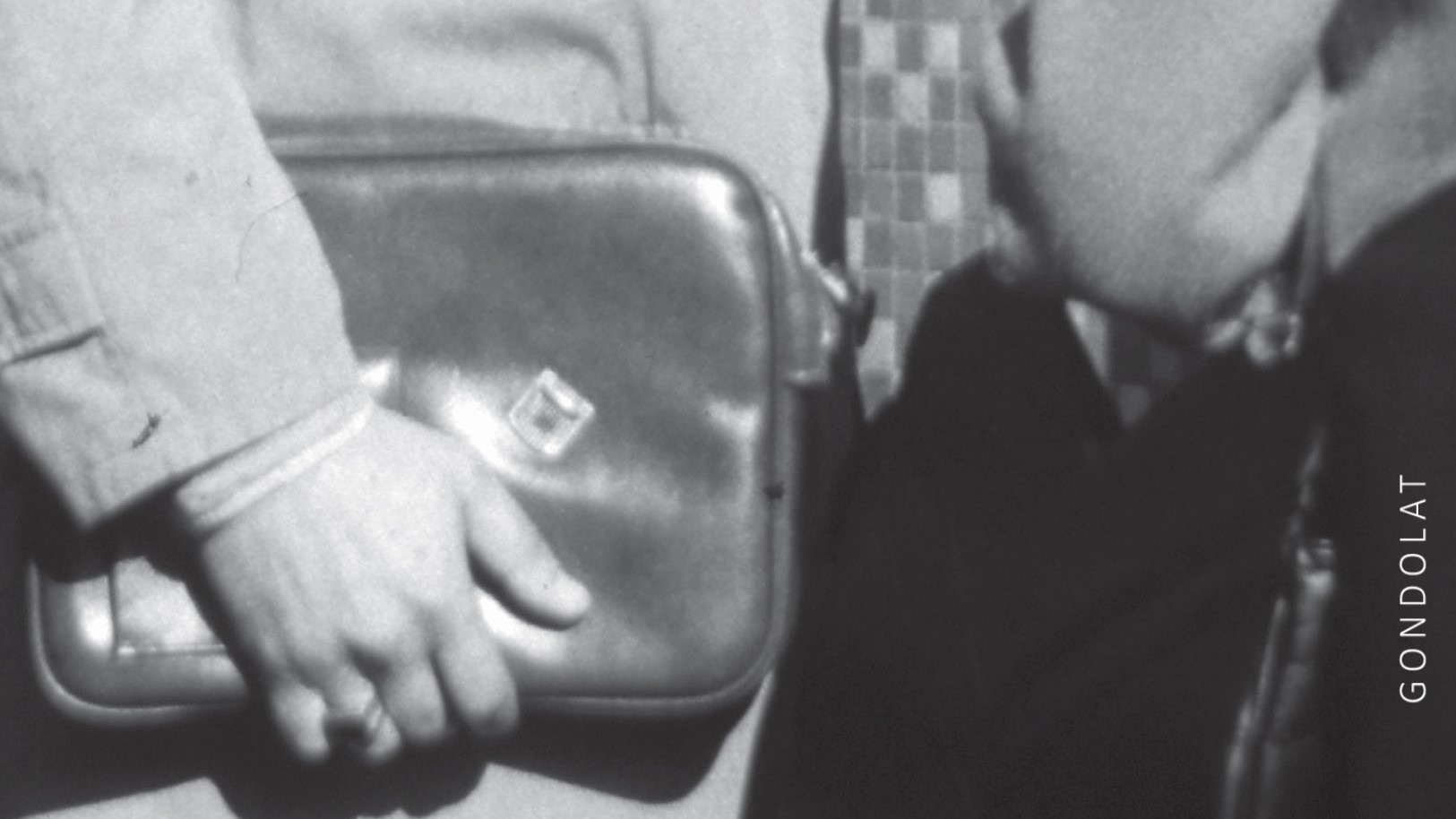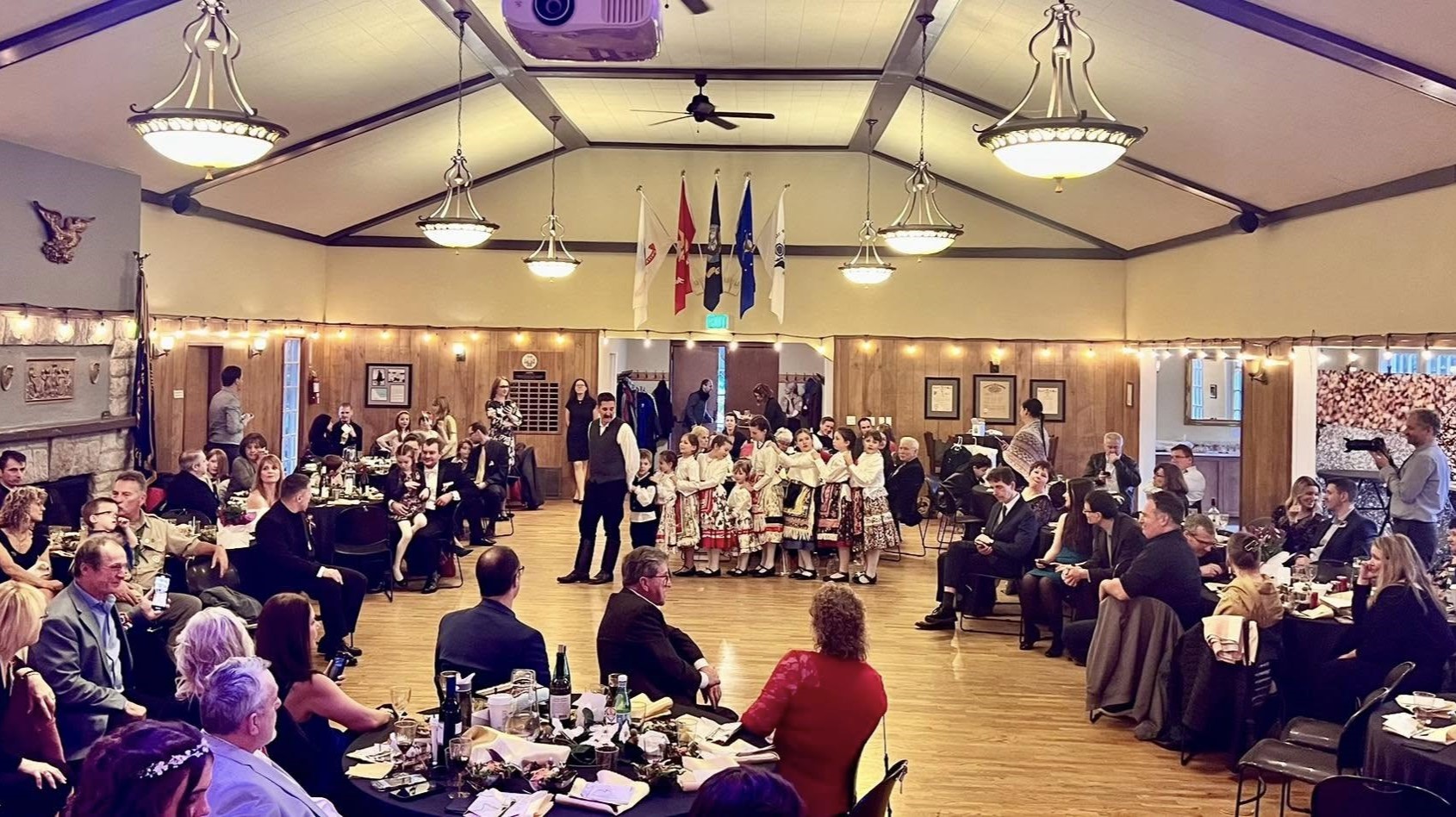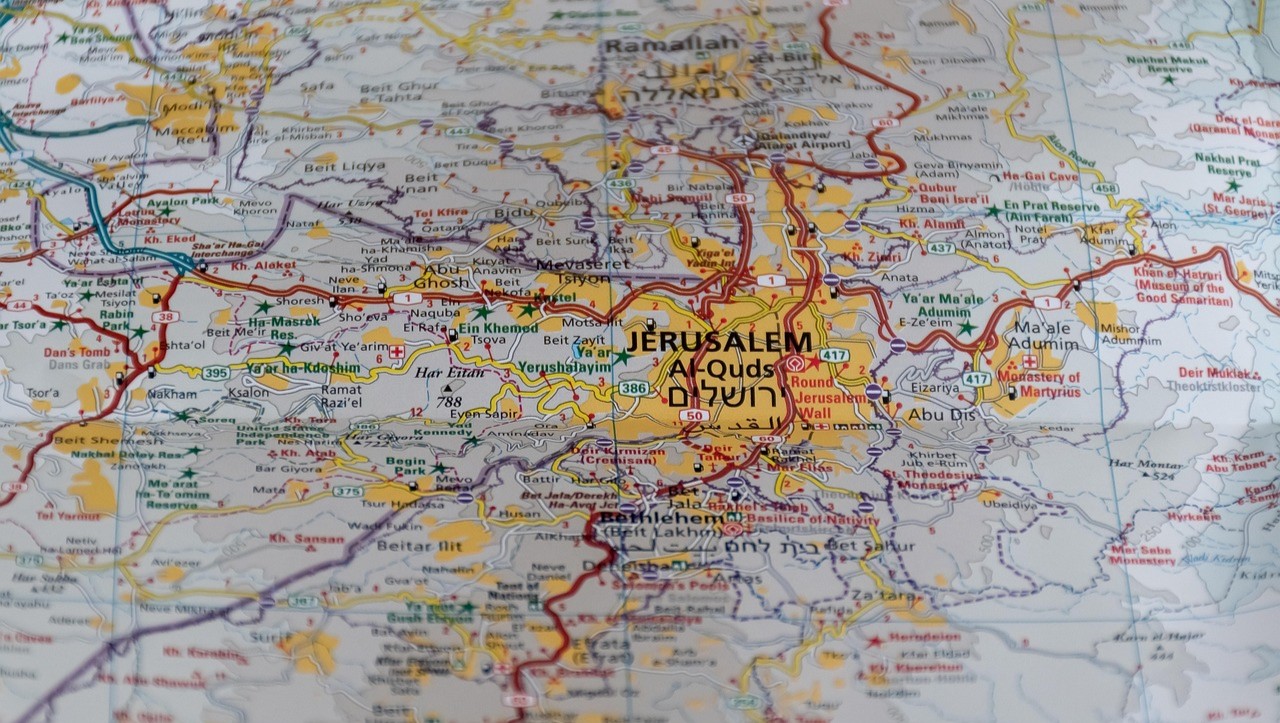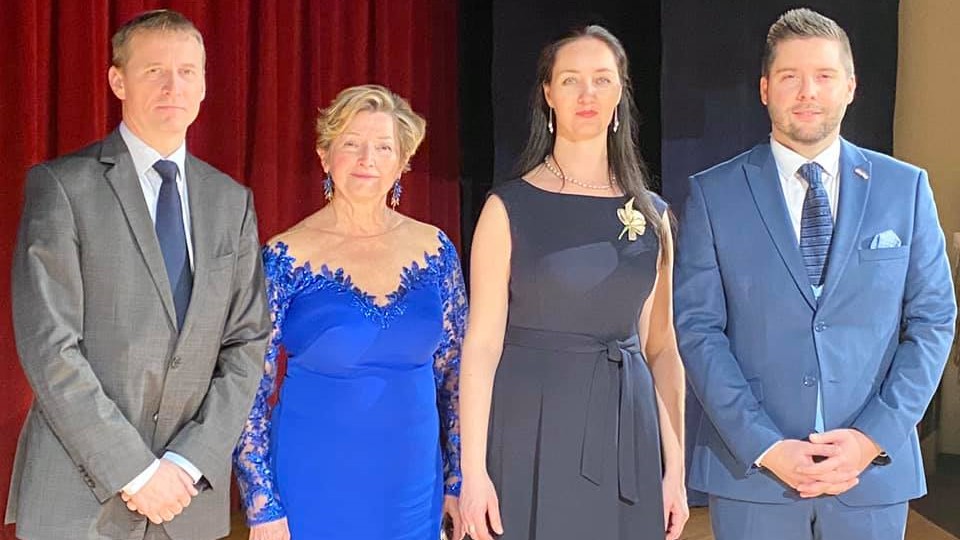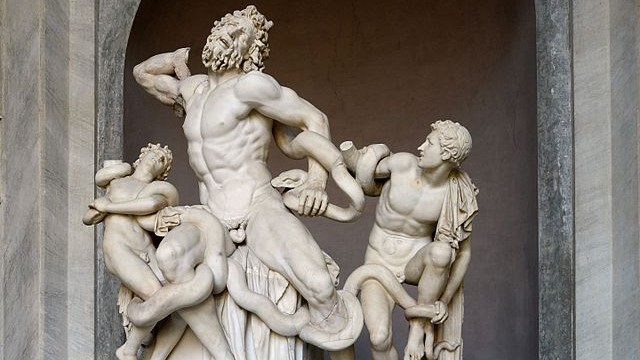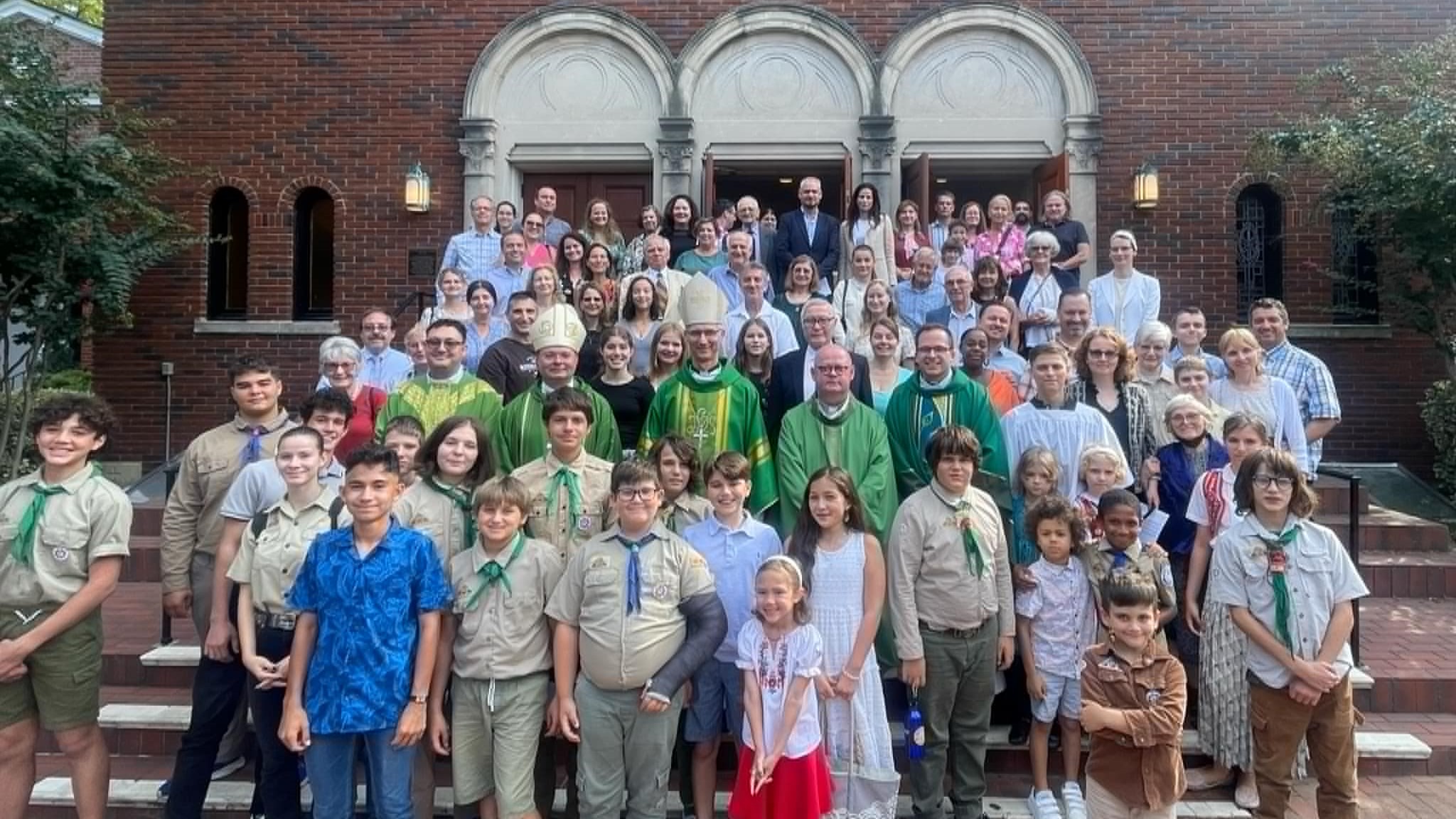
‘The Holy Spirit seems to be watching over us’ — A Conversation with Éva Kovács Galvácsy
‘We felt the Holy Spirit was hearing our prayers, and it seemed to be watching over us ever since. The restart was not without obstacles. The new German pastor simply disliked Hungarians and no longer allowed us to use his church for Hungarian Masses. Within a month, however…we secured a larger chapel in the lower church of the Basilica of the National Shrine of the Immaculate Conception.’

